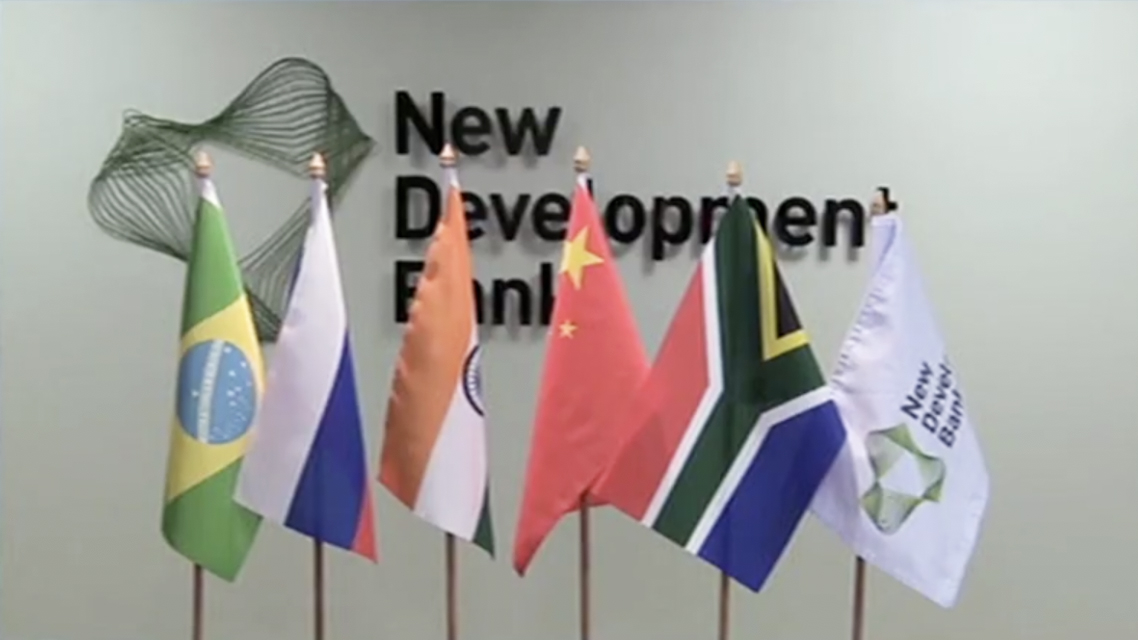
Opinions
10:00, 28-Jul-2018
Opinion: What is the impact of the BRICS Plus framework?
Updated
09:41, 31-Jul-2018
CGTN
01:15

By Asia Today
This year's BRICS Summit in Johannesburg brought together the leaders of Brazil, Russia, India, China and South Africa. On Friday, they held talks with leaders from African nations and BRICS Plus on an initiative put forward by China last year to build a wider partnership.
Peter Fabricius, a senior analyst and consultant at the Institute of Strategic Studies, said the framework is to help broaden the global cooperation that BRICS represents. The countries within the BRICS Plus framework are chosen to reflect regional groupings, which could increase the appeal of the bloc.
He also said the initiative presents an idea that counters the West's dominance of the international order.
01:15

The BRICS countries issued a joint declaration on Thursday. The statement underscores the importance of an open world economy and encourages more cooperation in areas including economy, counter-terrorism and people-to-people exchange.
The meeting came as the risk of a brewing global trade war threatens. So how should the bloc's member states – and countries within the BRICS Plus circle – deal with the issue?
Fabricius said though BRICS underscores the importance of an open world economy, the declaration was not as strong in criticizing protectionism and unilateralism as all the countries would have wanted.
He pointed out that it may possibly be because of Indian Prime Minister Modi’s call for the language to be softened, perhaps to shield India's ally, the US.
Fabricius' proposed solution is to commit to an open world economy and not to react to protectionism with protectionist measures.
He also said it would be a good idea for members of BRICS and BRICS Plus to follow Africa's example by creating or strengthening regional free trade areas such as the African Continental Free Trade Agreement.

SITEMAP
Copyright © 2018 CGTN. Beijing ICP prepared NO.16065310-3
Copyright © 2018 CGTN. Beijing ICP prepared NO.16065310-3